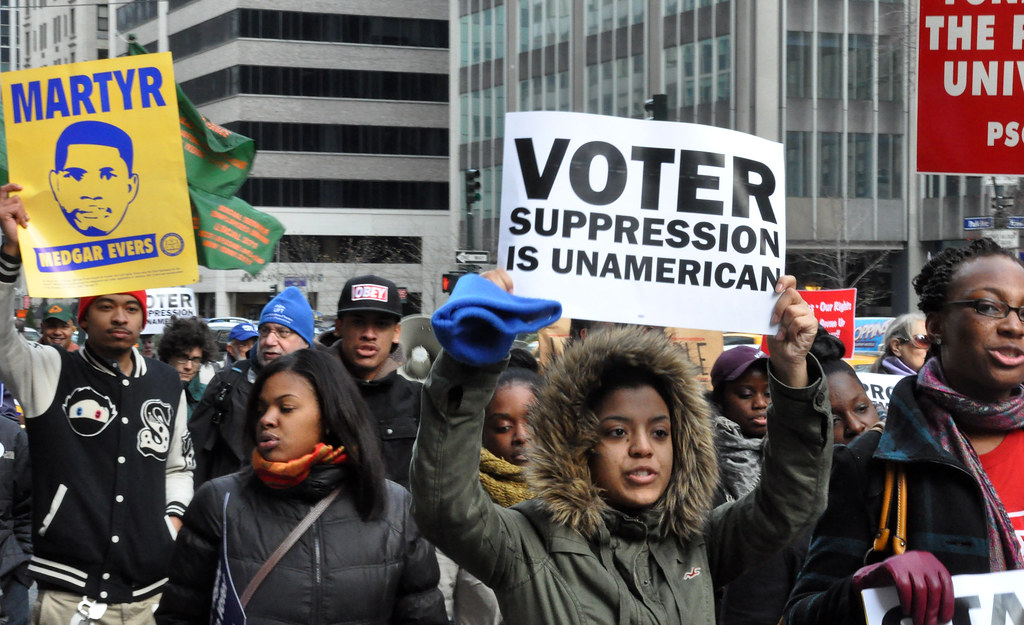Did you know?
- Details
 On this week in 1928 that Larry Simon Gelbart, the American television writer, playwright, screenwriter, director and author, most famous as the creator and producer of the television series M*A*S*H, was born in Chicago, Illinois.
On this week in 1928 that Larry Simon Gelbart, the American television writer, playwright, screenwriter, director and author, most famous as the creator and producer of the television series M*A*S*H, was born in Chicago, Illinois.
Larry Gelbart would grow up in Chicago and Los Angeles before he was drafted for World War II. After returning, he would work for Armed Forces Radio Service in LA, eventually obtaining the rank of Sergeant before being honorably discharged after serving 1 year and 11 days, just short of the beginning of the Korean War.
Why I Like Illinois By Illinois State Treasurer Michael Frerichs
- Details
 There are many reasons to like Illinois. Some enjoy the soaring skyscrapers of Chicago. Others marvel at geographic diversity, from rolling country to fertile farmland and mighty Oak trees to swampy Bald Cypress. Presidential timber is exemplified by Ulysses Grant, Ronald Reagan, Abraham Lincoln, and Barack Obama.
There are many reasons to like Illinois. Some enjoy the soaring skyscrapers of Chicago. Others marvel at geographic diversity, from rolling country to fertile farmland and mighty Oak trees to swampy Bald Cypress. Presidential timber is exemplified by Ulysses Grant, Ronald Reagan, Abraham Lincoln, and Barack Obama.
All are solid choices. For me, however, I like Illinois because of the resiliency of its people and their strong desire to be independent. Illinoisans are proud to work hard, generous with their time, and seek help only when they truly need it. At the Illinois Treasurer’s Office, we have programs to help those who wish to help themselves.
Black History Month 2020: African Americans and the Right to Vote
- Details
 This month we celebrate Black History Month, a time to acknowledge the sacrifices of countless African Americans for all they’ve done to make this country a fairer place, as well as the many contributions they’ve made to American society.
This month we celebrate Black History Month, a time to acknowledge the sacrifices of countless African Americans for all they’ve done to make this country a fairer place, as well as the many contributions they’ve made to American society.
Originally, Black History Month started out as Negro History Week, which was established by Dr. Carter G. Woodson, the second African American ever to receive a doctorate from Harvard. He chose the second week of February because it held the birthdays of two figures integral to the abolishment of slavery: Abraham Lincoln and Frederick Douglass.
Food in Illinois Valentine's day special
- Details
 For Chicagoans seeking a Valentine’s Day plan, there’s no shortage of places to grab a bite , but only one right place to take that special someone if you want to amaze them with rich history and a great pizza pie.
For Chicagoans seeking a Valentine’s Day plan, there’s no shortage of places to grab a bite , but only one right place to take that special someone if you want to amaze them with rich history and a great pizza pie.
Chicago Pizza and Oven Grinder Company is famous for pioneering a different way of making deep dish pizza. The restaurant opened its doors in 1972 and soon became a local favorite for combining the structure of a pot pie with the ingredients of a pizza. Many deep dish fanatics say Chicago Pizza and Oven Grinder Co. is the best place to get a pie in Chi-town.



